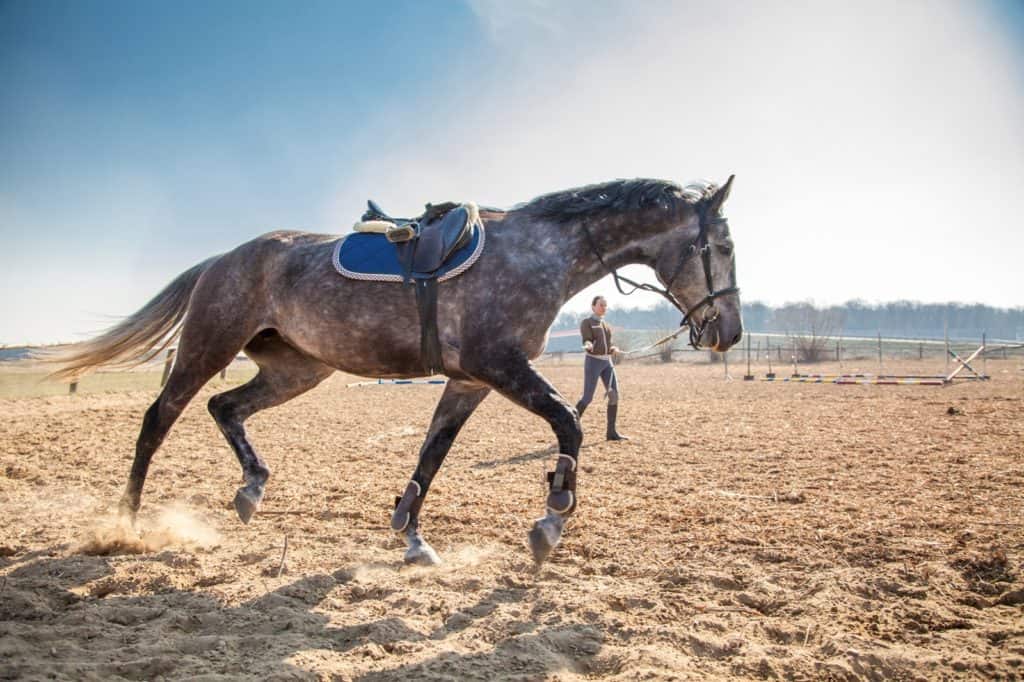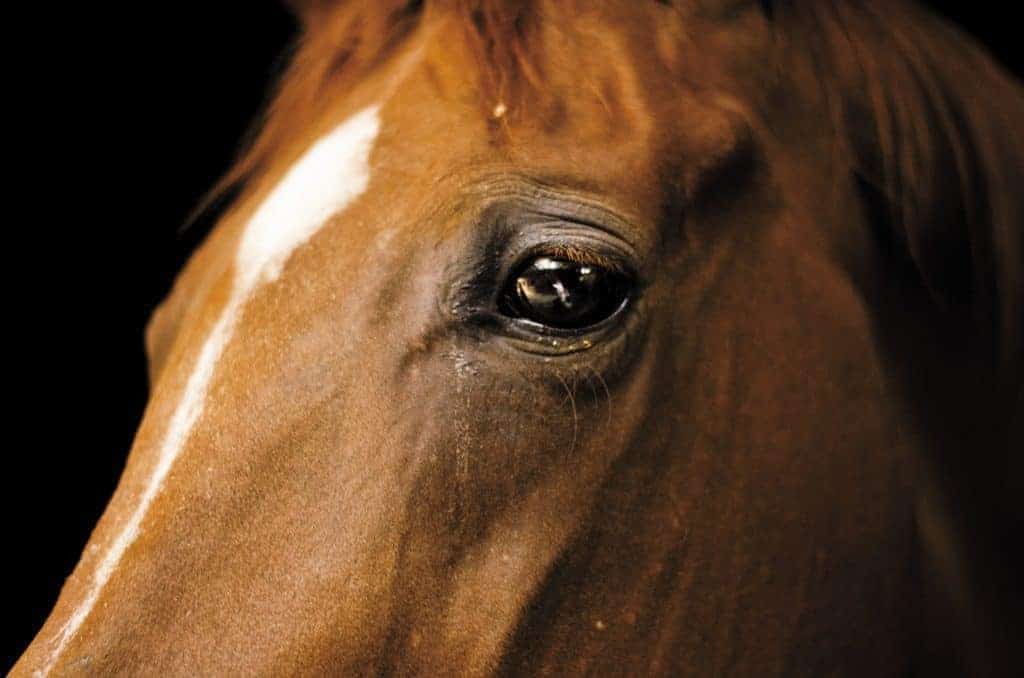
Poll Recap: Groundwork Practice
Of the 452 respondents, 367 (81%) said groundwork is a regular part of their routine with their horses.

Of the 452 respondents, 367 (81%) said groundwork is a regular part of their routine with their horses.

Here’s what you need to know before acquiring a free (or nearly free) horse.

This part of the study details behavioral pain markers, including head tossing, unwillingness to go forwards, and more.

Understanding the biomechanics of cues from a rider’s legs, seat, and hands could improve horse welfare, scientists say.

Researchers found that the cribbers in their study were deficient in selenium.
The International Society for Equitation Science event will take place Nov. 22-25, in New South Wales, Australia.

Is your donkey bored? Here are suggestions for adding entertaining food to your donkey’s environment.

Researchers have learned that horses and humans tend to align their physiological responses to emotional stimulation.

When do you need to tell a buyer about a horse’s past negative behaviors? Find out from attorney Rachel Kosmal McCart.

Researchers confirmed that therapeutic riding horses exhibited low physiological and behavioral stress responses.

Members of Saddle Up Safely’s partner organizations can receive a 10% discount on the registration fee.

A link between equine personality and cognition style could impact how we train and manage individual horses.

Italian researchers used the mirror self-recognition test on horses. Here’s a look at the results.

Veterinarians and farriers often have busy schedules. Here are some tips to help expedite their visits when they arrive.

Horses showing signs of compromised welfare had low cortisol levels, indicating it could be a chronic stress indicator.

What might cause a horse to scratch or drag a leg while he’s lying down?
Stay on top of the most recent Horse Health news with
"*" indicates required fields